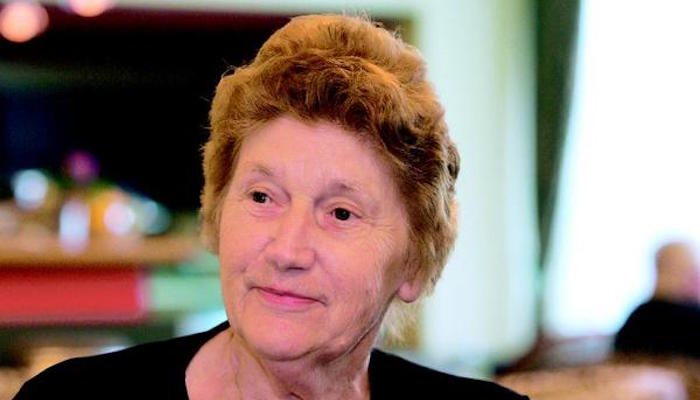
E-International Relations (E-IR) was founded 10 years ago this week. During that time we have interviewed over 150 academics, policy-makers and journalists. To celebrate E-IR’s 10th anniversary we asked some of our existing interviewees two further questions reflecting on the last decade in International Relations.
J. Ann Tickner is a Distinguished Scholar in Residence at the School of International Service, at American University. She is also a Professor Emerita at the University of Southern California where she taught for fifteen years before moving to American University. She served as President of the International Studies Association from 2006-2007. Her books include, A Feminist Voyage Through International Relations, Gendering World Politics: Issues and Approaches in the Post-Cold War Era, and Gender in International Relations: Feminist Perspectives on Achieving International Security. Professor Tickner discussed the vibrancy of contemporary feminist IR, the division between positivism and postpositivism, and the need for IR from the margins in an interview with E-IR in 2016.
What changes have you seen in International Relations or your field over the last 10 years?
Certainly there has been a huge expansion in the field of feminist IR. More courses are being taught and more books are being published. While there is still reluctance to incorporate gender courses into the curricula of some major research universities in the US, there is more attention to feminist courses in liberal arts colleges and also in other countries, such as the UK and Australia. Feminist security studies, a sub-field in feminist IR has taken off. A number of universities, including Georgetown and Columbia Universities in the US, PRIO in Norway, Monash University in Australia, and the London School of Economics now have thriving Gender Peace and Security Centres.
Publication of feminist IR scholarship on a wide range of subjects has increased dramatically. Oxford University Press has launched a series (of which I am co-editor) entitled Oxford Studies in Gender and International Relations, with nineteen books already published and several more in production. A note of caution however. Feminist IR remains somewhat on the margins of the discipline. And when university budgets get tight, courses about race and gender are often the first to be cut, a trend that is already visible in the US.
What books, or other media, published in the last 10 years has made an impact on you and/or the discipline?
As I mentioned in my interview last year, books that have made an impression on me are ones that write from the margins. They give us a completely new perspective on the discipline. As I mentioned earlier, Robert Vitalis’ White World Order: Black Power Politics tells about how race was a central preoccupation of early IR scholars and introduces us to the Howard School of IR scholars. Cynthia Weber’s recent book Queer international Relations: Sovereignty, Sexuality and the Will to Knowledge, is an important book that also completely changes the way we see IR. And Cynthia Enloe continues to publish books that make us think about questions we don’t normally ask in IR. She has just completed a UK book tour of her latest The Big Push, during which she was interviewed by The Guardian.